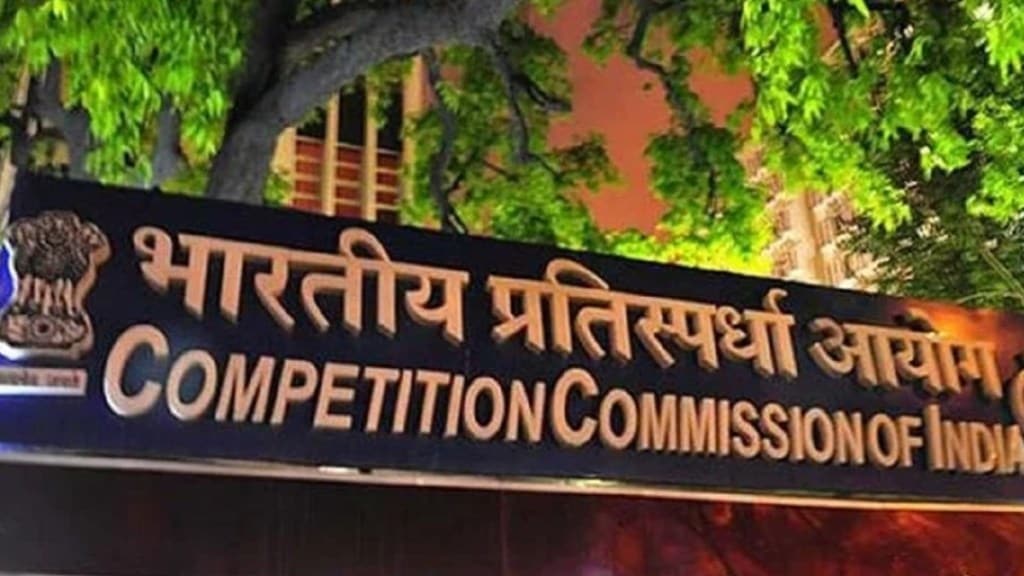By Dhanendra Kumar
Competition is the life force of a market economy. As the Competition Commission of India (CCI) completed 15 years of enforcement in 2024, it has won its place on the high table of key market regulators worldwide. Though relatively young, it has adjudicated more than 1,200 antitrust cases, keeping in view the specificities of each sector, market structure, nature of contraventions, in diverse sectors such as cement, airlines, automobile, banking, e-commerce, media and entertainment, pharmaceuticals, and manufacturing. It has also approved over 1,200 mergers and acquisitions (M&As), over 90% within 30 days, with nearly 115 transactions okayed under the “green channel” route.
2023 Act, 2024 effect
This year saw the implementation of the Competition Act, 2023, and regulations envisioned in 2023. In January, the CCI brought into force the CCI (General) Amendment Regulations, 2024. It now allows a party to file an interlocutory application before the CCI in a case under Section 19 of the Competition Act, under conditions. Provisions have been brought in after the Act was amended in 2023 regarding: (a) leniency plus; (b) commitment and settlement; (c) penalty on global turnover and compensation; (d) time-bound decisions. The ministry of corporate affairs (MCA) also published draft rules on green channel, de-minimis, and draft exemption rules on March 11.
Digital Competition Bill
The MCA had constituted a Committee on Digital Competition Law to examine the need for a separate competition law in digital markets. The committee has submitted its report to the MCA along with the Draft Digital Competition Bill, 2024. It noted that the current ex-post framework does not facilitate timely redress of anti-competitive conduct by digital enterprises.
Therefore, it proposed a separate digital competition legislation. It brings in the concept of systemically significant digital enterprises (SSDEs) which, buoyed by certain features of digital markets, help digital enterprises to swiftly gain dominance. These include network effects, economies of scale, collection of user data, etc. The SSDEs have separate obligations under the proposed law and are prohibited from carrying out certain practices. These include: (i) favouring their own products and services or those of related parties; (ii) using non-public data of business users operating on their core digital service to compete with those users; (iii) restricting users from using third-party applications on their core digital services; and (iv) requiring or incentivising users of an identified core digital service to use other products or services offered by the SSDE. The proposed law is still under consultation.
CCI and Big Tech
The CCI recently ordered a detailed investigation into Google on a complaint filed by Winzo Games for alleged anti-competitive practices. Google also challenged the National Company Law Appellate Tribunal’s order in the Android mobile device case before the Supreme Court. In the Apple case, the CCI refused Apple’s request to put the investigation on hold.
In August, it concluded that Amazon and Flipkart had violated competition laws by preferring selected sellers. In an interesting turn of events, Amazon and Flipkart challenged the CCI order before Delhi, Karnataka, and Telangana high courts, which later went to the Supreme Court.
Cases before Supreme Court
The Supreme Court on December 19 dismissed an appeal filed by the CCI challenging the Delhi High Court’s August decision to set aside an inquiry against UK-based JCB Limited and its Indian subsidiary over alleged abuse of a dominant position. The high court had quashed the case after the informant (Bull Machine) withdrew its complaint from the CCI following a settlement with JCB.
In another case, the Supreme Court dismissed an appeal filed by Dalmia Cement challenging a Madras High Court division bench order that upheld a CCI order impleading the Builders’ Association of India as an interested party in ongoing cartel proceedings before the CCI.
Merger control
In merger controls, the CCI approved the acquisition of India Cements Limited by Ultratech Cement Limited. Ultratech acquired 32.72% of paid-up equity share capital of India Cements through its promoters and Sri Saradha Logistics Pvt. Ltd. It also acquired 26% of the paid-up equity share capital of India Cements by way of open offer. The CCI approved the amalgamation of Shriram LI with Shriram Life Insurance and Shriram GI with Shriram General Insurance. It approved the acquisition of the additional shareholding of Signet Excipients by IMCD India. In a few other M&A cases, it approved the acquisition of shareholding of GVK Power by Punjab State Power; acquisition of grey cement business of Kesoram Industries Limited by Ultratech Cement Limited; acquisition of shareholding of Max Life Insurance Company Limited by Axis Bank Limited; acquisition of shareholding of Pritam International Private Limited by HCL Corporation Private Limited; India Advantage Fund S5 I and others’ acquisition of additional shareholding in Sikkim Urja Limited by Greenko Energies Private Limited; acquisition of minority shareholding of Northern Arc Capital Limited by IFC.
Way forward
With the new Act and regulations, regular updating of the CCI’s analytical tools in 2024 to suit the new-age economy has been the hallmark of the enforcement of competition law. It can be expected that the new year and new challenges will see sharpening and chiselling the CCI’s tools further, to help accelerate economic growth in accordance with the preamble of the Act.
With inputs from Aditya Trivedi, associate, COMPAD LLP.
The author was the first chairman of CCI and India’s executive director at World Bank.
Disclaimer: Views expressed are personal and do not reflect the official position or policy of FinancialExpress.com Reproducing this content without permission is prohibited.


